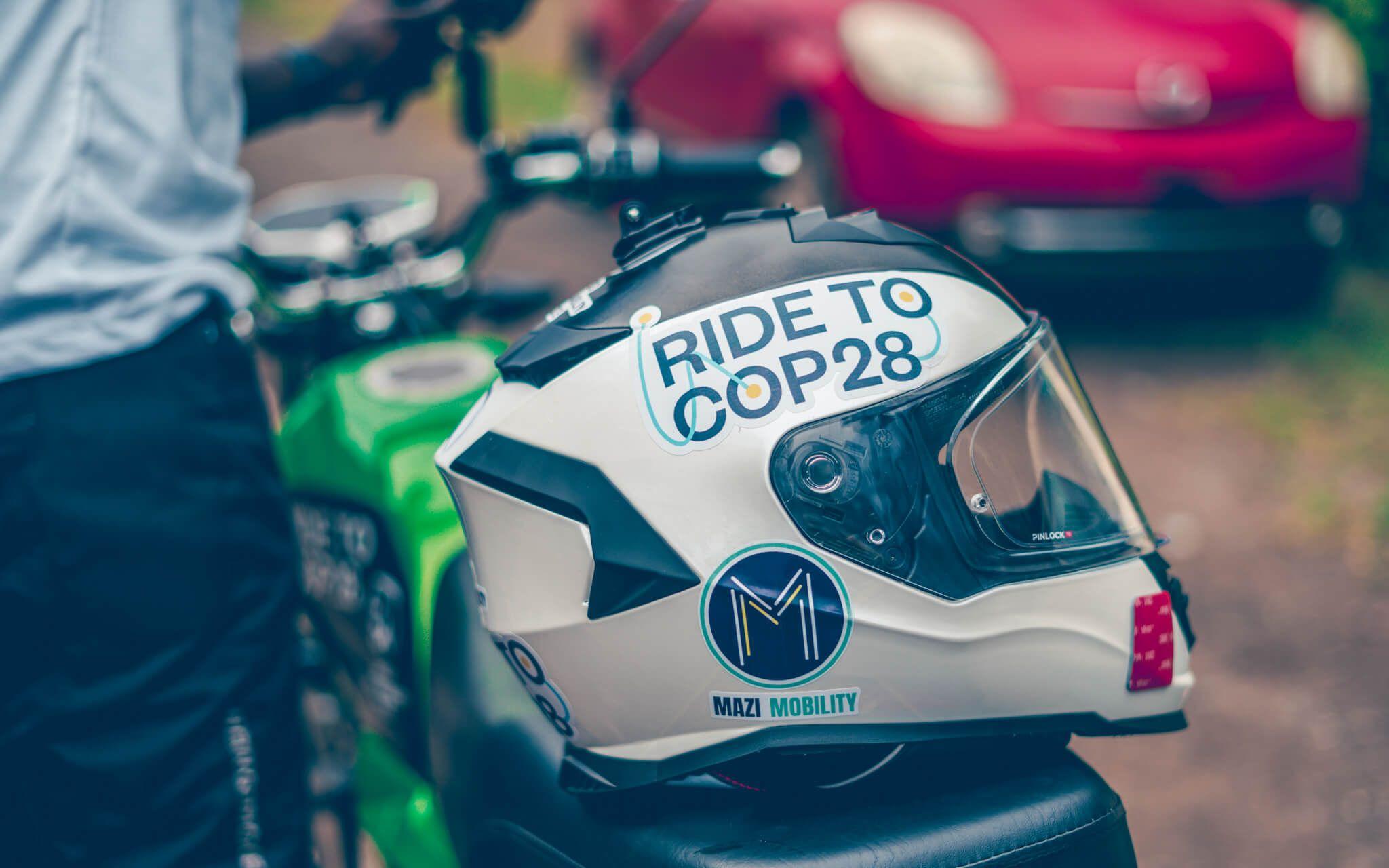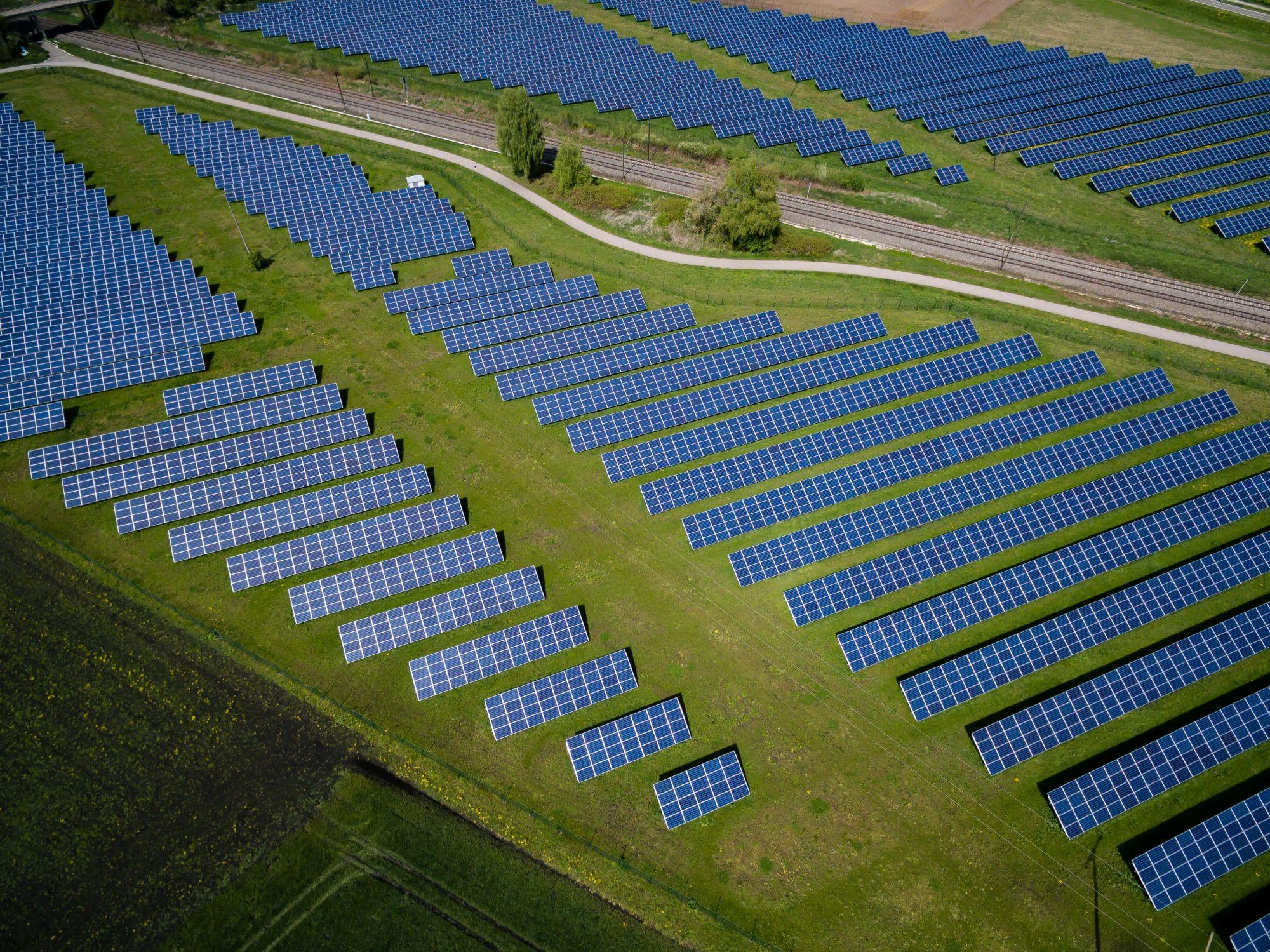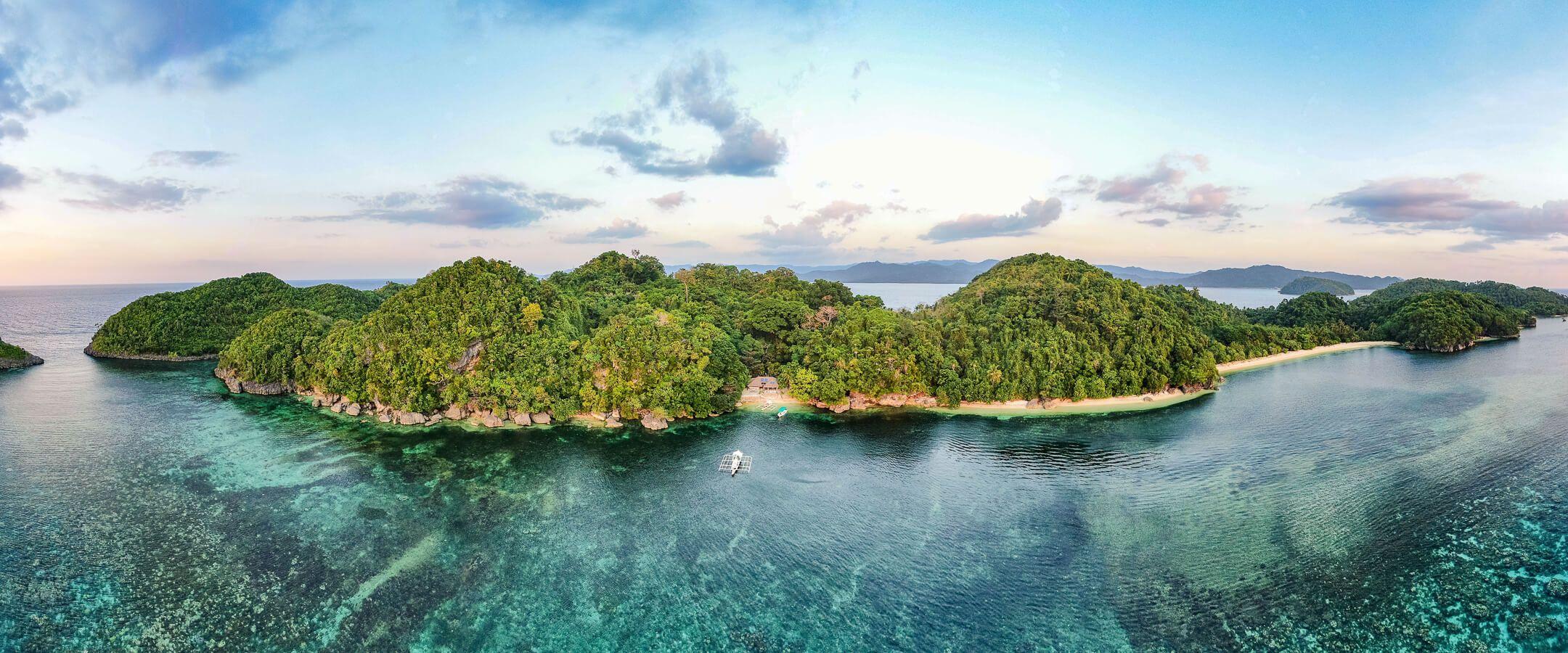Solutions Start Here: Dubai’s Eco School
At The Arbor School, students conduct marine research, run sustainable businesses, and tend to rescue animals - all before lunch. For Principal Gemma Thornley, this hands-on approach to environmental literacy isn't just about learning; it's about creating the problem-solvers our planet needs.
Distinctive domes punctuate the skyline of Dubai's Al Furjan district, housing sensational spaces where education and nature intertwine. Organic farms, reflection spaces, and outdoor laboratories transform the campus into a living, breathing ecosystem. Here, learning means getting your hands dirty.
Just ask Darwin, the school's beloved African tortoise. Found abandoned on a roadside, he now wanders the gardens, stopping to munch on student-grown hibiscus flowers. As an official faculty member, he teaches younger learners about animal care and conservation through hands-on interaction.
“I really like the opportunities you get outside of the classroom,” shares Mariam, an Emirati Year 10 student. Through immersive experiences, The Arbor School’s learners are grappling with pressing environmental challenges by developing practical solutions.
With over 1,300 students representing more than 70 nationalities, this sanctuary for the eco-curious offers a fresh take on environmental education at a critical time.
“We don't want to just teach about environmental challenges,” Principal Gemma Thornley explains. “We want our students to understand their place in the world and their power to protect it.”
According to Mariam, “Here, we don't just learn about problems – we solve them.”
Educating for Earth’s Future
When Arbor opened in 2018, it wasn't just another addition to Dubai’s bustling educational landscape. It was a response to a growing crisis: How do you prepare young people to face environmental challenges that textbooks alone can’t solve?
“We wanted to give our children the understanding of what ecology is,” Gemma explains. “It shouldn't be taught as a standalone subject but a method of understanding the world and a mode of being within it.”
This philosophy is summed up in the school’s guiding principle - 'Enough for all, forever'. It challenges students to think beyond conservation toward questions of equity and long-term responsibility.
“We nurture their confidence in their own influence. We provide opportunities for them to discover that their voice matters and that their ideas have value. A single student might not change the world alone, but when many voices unite behind a shared vision, their willingness to act becomes intrinsically motivated. That's when real change happens,” Gemma says.
The Living Laboratories
At the heart of the campus are three striking biodomes—part classroom, part research lab, and all inspiration. These glass-domed sanctuaries offer a solution to a growing problem: children and young people are spending less time outdoors engaging with nature than ever before.
Since the pandemic, screen time among children has gone up by 52% globally. “Students have the world at their fingertips on devices,” Gemma notes, “but there's such a lack of experience in respecting it in real life.” This digital overload has led to concerning trends, with educators reporting students struggling with basic physical tasks and real-world research skills.
Arbor’s approach offers an antidote. “Rather than opening a textbook, they can go into the biodome and actually be amongst it.” These living laboratories offer students a sense of agency in the face of global environmental crises.
“They are the big selling point for most people,” laughs Loki, a Year 8 student, all the way from Australia.”We have our biology lessons in one of the biodomes, and then we get to work in a different environment. It's nice to not always be in one area.”
In the BioPark and BioFarm, students grow organic crops in desert conditions - a vital skill in a region where food security is a growing concern. Beekeeping, seed nurseries, and greenhouses also provide practical lessons in sustainability.
We don't want to just teach about environmental challenges. We want our students to understand their place in the world and their power to protect it.
From Classroom to Coastline
The UAE isn’t all sand dunes. The Gulf country boasts a 700-kilometre coastline, an ecosystem that Arbor School has turned into yet another study hall.
Through the Sea School Programme, launched in 2023, students work alongside resident marine biologist Dr. Tiffany Delport at Jebel Ali Wildlife Sanctuary. Here, they tackle real conservation challenges, from monitoring biodiversity to designing wildlife protection solutions.
Loki shares their recent work: “We were doing a project on turtle conservation because a fox kept eating the turtle eggs. So we made boxes to protect them - when they hatch, the turtles can get through, but when they're eggs, they're safe.”
Everything is tested. Hannah Mainds, Assistant Headteacher and Ecoliteracy teacher, describes their approach to turtle conservation: “We put chicken eggs in the nest protectors to see if they actually worked. When they didn't, we went back to the drawing board and tried again. That's what empowerment looks like - these kids are inheriting the mess we're in, but if they understand the issues and know they can make a difference, they'll act.”
Student Solutions in Action
Arbor's learners are active problem-solvers, applying everyday experiences to real-world challenges through sustainable entrepreneurship.
Loki's Year 8 project emerged from a teacher's complaint about nail polish sustainability. “Miss Hannah was always saying how her nails were chipping,” he chuckles. “The light they get put under is really bad, and there's so much waste.” His solution? A non-chip, sustainable nail polish brand that reduces environmental impact.
Meanwhile, Mariam tackled fast fashion in religious wear. Her 'Sustainable Salah' project reimagines prayer clothes using eco-friendly materials. “The prayer clothes we wear don't contribute to the circular economy. After about maybe two years of use, they get ripped, and we just chuck them in the bin,” she explains. “We wanted to create prayer clothes made from sustainable materials and contribute to the circular economy.”
Through its student-led Eco Council, the school's influence reaches far beyond campus. “We do a lot of problem-solving,” explains Mariam, who helped organise their recent climate conference for schools across the UAE and Kuwait. “Not only do we fix problems in the school, we help other schools as well.”
Shaping Success
Natural learning environments aren’t just an aesthetic choice – they’re transformative educational tools. While traditional classrooms with rigid schedules can hinder student development, nature-based environments address challenges like sensory-seeking behaviours – the need for intense sensory inputs, like loud noises and physical movement.
“Our students have less sensory seeking because they're working in a natural environment,” Gemma explains. “They have a higher level of task completion and increased collaboration, which leads to more independence.”
Beyond environmental spaces, the curriculum itself shapes student success. Global Perspectives, mandatory for Year 11 students and now offered at A-level, teaches critical thinking through real-world environmental challenges.
“It's one of my favourite lessons,” Loki enthuses. “I get to learn how to test arguments and prove how true they are based on the information in them. Mostly, it's all around environmental conservation.”
The subject is reshaping career aspirations in unexpected ways. “I was always focused on staying within the UAE,” shares Mariam. “Now I'm looking wider. Whereas I would want to look at accountancy or finance, I'm now looking at physical geography because I can really make a difference.”
We do a lot of problem-solving. Not only do we fix problems in the school, we help other schools as well.
Community Beyond Campus
In a city where schools often feel isolated - separated from their surroundings by high walls and long commutes - Arbor has become something of a neighbourhood hub. Nestled in Al Furjan, kids zip in on bikes each morning – a rare sight in Dubai's car-centric culture.
“It gives us a real community school feel,” Gemma smiles. This physical connection to the neighbourhood mirrors the school's approach: environmental education can't stop at the gates.
Parents actively contribute towards the school's mission. Many share their professional expertise or join in activities alongside their children. “Most parents send their kids here because they've got a real investment in ecology,” explains Gemma. “We tap into that enthusiasm.”
This community spirit has sparked partnerships across Dubai. Local beekeepers mentor student conservation projects, marine biologists from Emirates Marine Environmental Group guide coastal research, and falconry experts work with students to rehabilitate injured birds.
Through these connections, Arbor’s community is proving that impact spreads far beyond campus.
From Anxiety to Action
In an era where doom-scrolling climate headlines can leave anyone feeling overwhelmed, Arbor’s model aims to turn eco-anxiety into eco-action. Rather than letting students dwell on problems, they're equipped with tools to solve them.
A 2023 study in The Lancet surveyed 10,000 young people across 10 countries, finding 59% reported feeling "extremely worried" about climate change, with 45% saying that climate anxiety affects their daily lives. Arbor’s teachers have seen that when young people get involved in hands-on environmental projects, their sense of helplessness diminishes as they develop agency and practical skills.
"These kids are inheriting the mess we're in,” shares Hannah, who oversees the school's environmental initiatives. “But if they understand the issues and they understand that they can make a difference, that's what matters. When something doesn't work, we go back to the drawing board and try again. It's all about empowerment.”
This hands-on philosophy clicks with students like Loki: “You have to understand the problems, but anyone can make a difference,” he says.
You have to understand the problems, but anyone can make a difference.
Catalysts for Change
The ripple effects of environmental education extend far beyond the classroom. Students like Mariam are already thinking differently about their daily choices and future careers. “Even small daily actions, like how long you take in the shower, make a difference,” she reflects. “If we all keep doing these small actions, they build up to make a better future.”
As for Loki, his understanding of sustainability has evolved his career aspirations: “I was thinking of going into archaeology, but I noticed that a lot of it is not necessarily sustainable. As I keep learning in school, I could learn how to make archaeology a more sustainable career path.”
“We don't want to just teach about environmental challenges,” Gemma concludes. “We want students to understand their place in the world and their power to protect it.”
While more schools are beginning to explore environmental literacy programs, Arbor's students are already putting their learning into practice. They're not just studying environmental challenges - they're developing solutions, from sustainable fashion to wildlife conservation.
“We're the next generation,” Loki says. “If we're not involved, who will be?”
Most Popular
The Climate Tribe delivers stories about Biodiversity and Conservation, Circular Economy, Food and Water , and how they intersect with climate.
Subscribe
Get the latest stories inspiring climate action around the globe straight to your inbox.





